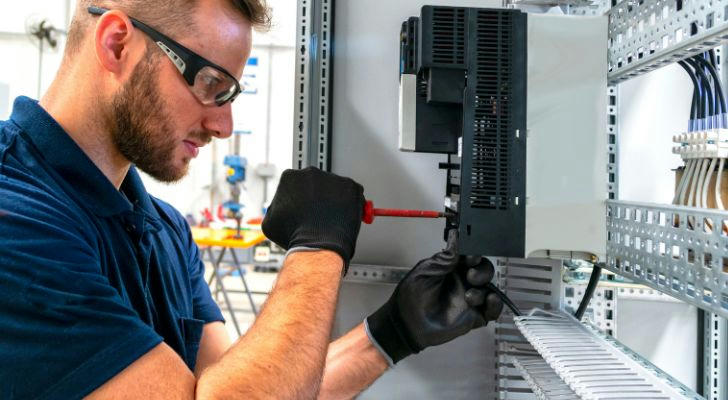Start Your Electrical Career: What You Need to Know First
Starting a career as an electrician opens the door to a steady, high-demand profession that combines hands-on skills with problem-solving. Whether you're switching careers or just entering the workforce, the electrical trade offers growth, security, and a sense of accomplishment.

What Electricians Do
Electricians are responsible for installing, maintaining, and repairing electrical systems in homes, commercial buildings, factories, and infrastructure. Their duties often include:
- Reading blueprints and technical diagrams
- Installing wiring, outlets, and lighting fixtures
- Inspecting and testing electrical components
- Ensuring systems comply with safety codes
- Troubleshooting and repairing faulty wiring or equipment
Specializations are also common—some electricians focus on residential work, while others handle industrial or renewable energy systems.
Why Choose the Electrical Trade?
There are several reasons why people are drawn to this profession:
- Strong Job Demand: According to the U.S. Bureau of Labor Statistics, electrician jobs are projected to grow 6% through 2032.
- Competitive Pay: The median annual wage for electricians in the U.S. is over $60,000, with experienced workers earning much more.
- Hands-On Work: If you enjoy building, problem-solving, and working with your hands, this field is a natural fit.
- Path to Self-Employment: Many electricians eventually open their own businesses or become contractors.
Steps to Become an Electrician
Becoming a qualified electrician requires both training and practical experience. Here's a simplified path:
1. Meet the Basic Requirements
- High school diploma or equivalent
- Good physical health and hand-eye coordination
- Ability to pass a drug test and background check (for most apprenticeships)
2. Enroll in a Pre-Apprenticeship Program (Optional)
These programs prepare you for an apprenticeship by teaching basic electrical theory, tools, and safety practices.
3. Enter an Apprenticeship
Most electricians learn through a 4–5 year paid apprenticeship. You'll work under a licensed electrician while attending classroom training.
4. Earn a License or Certification
Licensing requirements vary by state or region. Most require passing a written exam covering codes, safety, and electrical systems.
Skills and Tools You’ll Use
To succeed, you’ll need more than technical know-how. Core skills include:
- Problem-solving: Diagnosing wiring issues or equipment failures
- Attention to Detail: Ensuring every connection meets code
- Mathematical Ability: Calculating loads and voltage drops
- Customer Service: Communicating clearly with clients
Electricians use a wide variety of tools, including:
- Multimeters and voltage testers
- Wire strippers and pliers
- Conduit benders
- Power drills and saws

Career Outlook and Advancement
Electricians enjoy excellent job stability and multiple paths for advancement:
- Journeyman to Master: After gaining experience, you can become a master electrician and supervise other workers.
- Specialize: Move into solar, automation, or data cabling.
- Teach or Train: Share your skills with newcomers in trade schools.
- Start Your Own Business: Many electricians become licensed contractors.
In addition to strong domestic demand, electricians with advanced skills are also sought after for overseas work and major construction projects.
Final Thoughts
Starting your electrical career may seem like a challenge, but with the right training and persistence, it can be a life-changing move. The profession offers not only financial security but the satisfaction of building and fixing systems that power everyday life.
If you're ready to take the first step, explore local apprenticeships or training programs today. The demand is there—and so is the opportunity.
